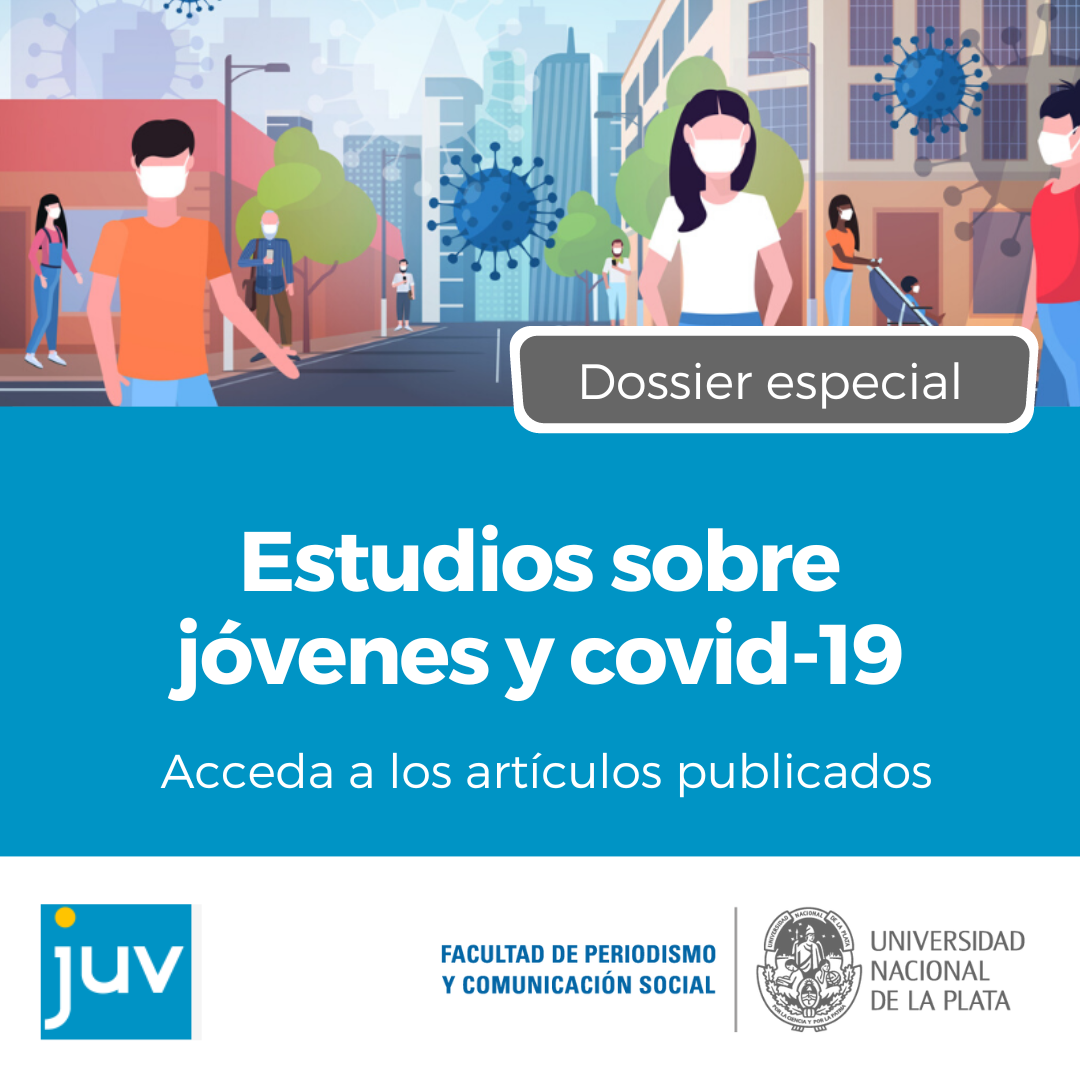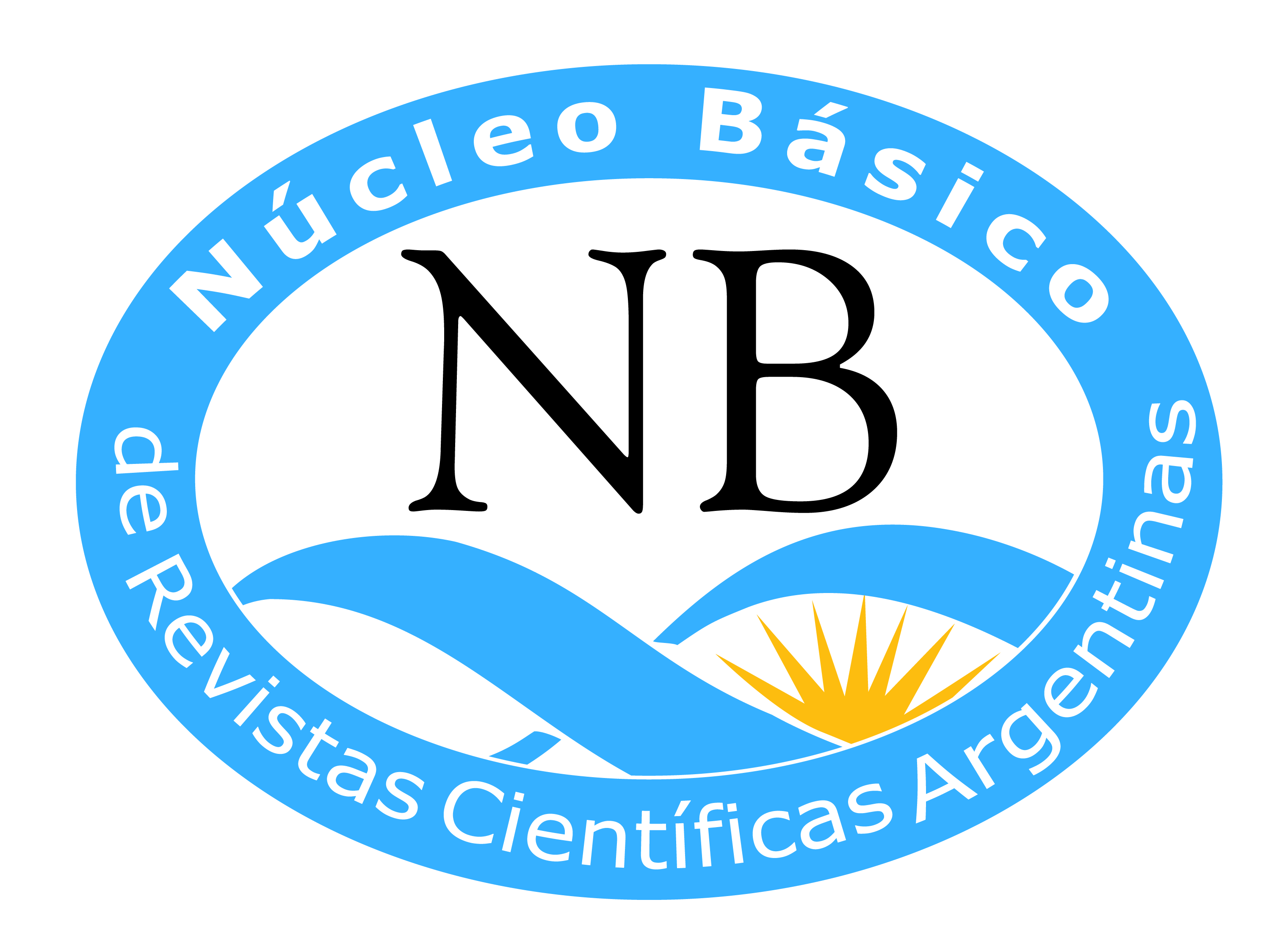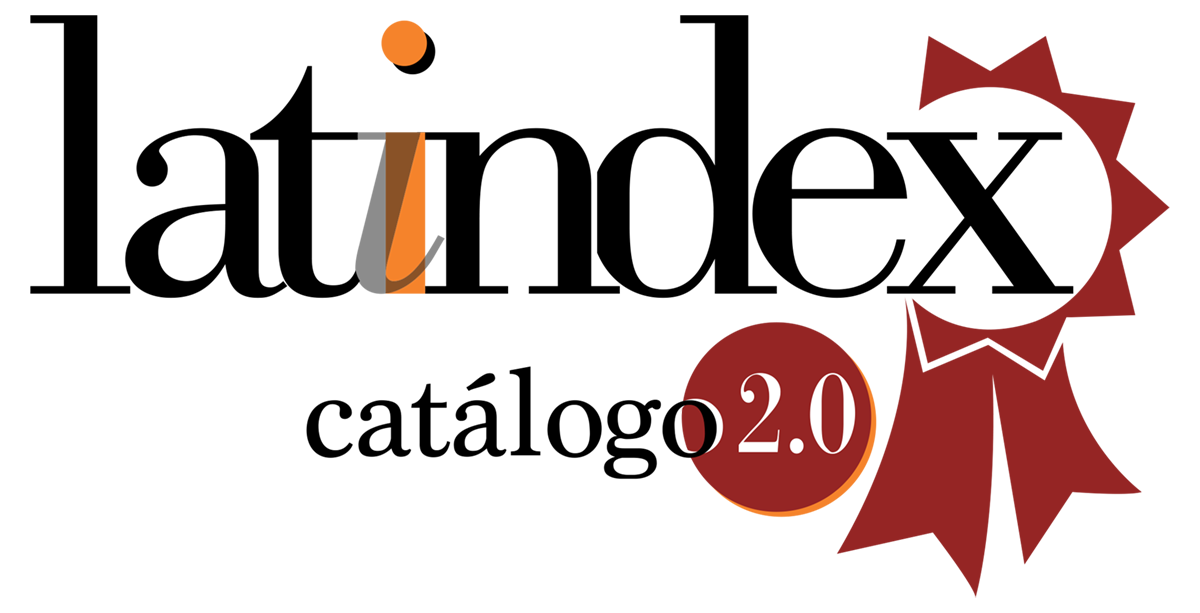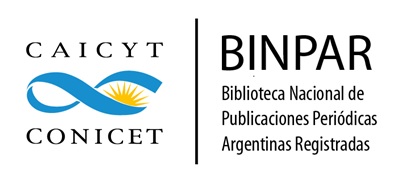Jóvenes y consumo de información en redes sociales
Influencers y cambios en la percepción sobre el periodismo
DOI:
https://doi.org/10.24215/18524907e081Keywords:
news, citizens, journalists, mediaAbstract
The rise of social media has caused the emergence of a new generation of influencers as well as citizens who have found themselves at the intersection of journalism. The growth in their performance as journalists raises concerns about the erosion of the profession and news standards. Faced with this, the present study analyzes the relevance that the figures of the influencer and the citizen who informs have for youths of Z generation. The research is supported by a quantitative survey applied to a sample of 913 high school students from the Autonomous University of the State of Mexico (Uaemex).
Downloads
Metrics
References
Álvarez, E., Heredia, H. y Romero, M. (2019). La Generación Z y las Redes Sociales. Una visión desde los adolescentes en España, Espacios, 40(20). http://hdl.handle.net/10498/21358
Ballesteros Durán, E. (12 de febrero de 2022). Influencers y la credibilidad del periodismo [Entrada de blog]. Universidad Intercontinental. https://www.uic.mx/influencers-y-la-credibilidad-del-periodismo/
Benaissa, S. (2021). Prosumidores y redes sociales: manifestaciones del nuevo periodismo ciudadano. En J. M. Valero (Coord.), Plataformas, consumo mediático y nuevas realidades digitales: hacia una perspectiva integradora (pp. 197-221). Dykinson.
Cervi, L., Marín, C. y Sanandrés, C. (2021). Prosumers y la profesionalización del periodismo ciudadano: El caso www.eurovision-spain.com. Ámbitos, revista internacional de comunicación, (52), 8-25. https://doi.org/10.12795/Ambitos.2021.i52.01
De Freitas, L. (1 de marzo de 2023). Periodismo ciudadano: un nuevo paradigma comunicacional. Factum.
Espiritusanto, O. (2014). Periodismo Ciudadano nuevas formas de comunicación información y acción social. Revista de Estudios de Juventud, (105), 9-23.
Falagán Madrazo, A. (2021). La figura del periodista frente a la del blogger y el influencer. En Desinformación y credibilidad en el ecosistema digital: actas del XII Congreso Internacional de Ciberperiodismo (pp. 125-136). http://hdl.handle.net/10810/50299
Gómez Nieto, B. (2018). El influencer: herramienta clave en el contexto digital de la publicidad engañosa. Methaodos. Revista de ciencias sociales, 6(1), 149-156. https://doi.org/10.17502/m.rcs.v6i1.230
López, H. (1988). La metodología de encuesta. Logman.
Maciá Barber, C. (2007). No todos somos ya periodistas. Un análisis de la utopía del periodismo ciudadano desde la perspectiva del reportaje interpretativo. Estudios sobre el mensaje periodístico, (13), 123-144. https://revistas.ucm.es/index.php/ESMP/article/view/ESMP0707110123A
Martínez-Sanz, R. y Arribas-Urrutia, A. (2021). El rol de las redes sociales para futuros periodistas. Manejo, uso y comportamiento de estudiantes y profesores universitarios de Ecuador. Cuadernos.Info, (49), 146-165. https://doi.org/10.7764/cdi.49.27869
Meso Ayerdi, K. (2005). Periodismo ciudadano: voces paralelas a la profesión periodística. Chasqui. Revista Latinoamericana de Comunicación, (90), 4-15. https://www.revistachasqui.org/index.php/chasqui/article/view/234
Pérez-Escolar, M., Alcaide-Pulido, P. y Del Toro, A. (2023). Nuevos referentes informativos de la generación Z. Estudio del rol de los y las influencers en Tiktok como divulgadores/as de contenidos. Prisma Social, (40), 262-288. https://revistaprismasocial.es/article/view/4863
Puente, S. y Grassau, D. (2011). Periodismo ciudadano: dos términos contradictorios. La experiencia chilena según sus protagonistas. Palabra clave, 14(1). https://doi.org/10.5294/pacla.2011.14.1.8
Ramos, J. (29/12/2023). Por qué no debes fiarte de los “influencers” [Entrada de blog]. La vida positiva. https://www.lavidapositiva.com/por-que-no-debes-fiarte-de-los-influencers/
Real Rodríguez, E., Agudiez Calvo, P. y Principe Hermoso, S. (2007). Periodismo profesional versus Periodismo ciudadano: ¿somos todosperiodistas? Estudios sobre el mensaje periodístico, (13), 189-212. https://revistas.ucm.es/index.php/ESMP/article/view/ESMP0707110189A
G. (2014). Periodismo ciudadano: argumentos a favor y en contra. Cuadernos de periodistas, (27). https://www.cuadernosdeperiodistas.com/periodismo-ciudadano-argumentos-favor-y-en-contra/
SanMiguel, P. (2017). Influencers: ¿una profesión aspiracional para millennials? Revista de Estudios de Juventud, (118), 129-144.
Santamaría, E. y Meana, R. (2017). Redes sociales y «fenómeno influencer». Reflexiones desde una perspectiva psicológica. Miscelánea Comillas, 75(147). https://revistas.comillas.edu/index.php/miscelaneacomillas/article/view/8433
Sorrentino, C. (2013). El equívoco del periodismo ciudadano. Cómo las nuevas formas de consumo de la información están redefiniendo el periodismo. AdComunica, (6), 21-37. https://doi.org/10.6035/2174-0992.2013.6.3
Suárez-Villegas, J. C. (2017). El periodismo ciudadano. Análisis de opiniones de periodistas profesionales de España, Italia y Bélgica. Convergencia. Revista de Ciencias Sociales, (74). https://doi.org/10.29101/crcs.v0i74.4383
Ugalde, N. y Balbastre, F. (2013). Investigación cuantitativa e investigación cualitativa: buscando las ventajas de las diferentes metdologías de la investigación. Ciencias Económicas, 31(2), 179-187. https://doi.org/10.15517/rce.v31i2.12730
Ventura, G. (2019). Periodistas (pero ya no) 'influencers': en busca de la atención perdida. Cuadernos de periodistas, (37). https://www.cuadernosdeperiodistas.com/periodistas-pero-ya-no-influencers-en-busca-de-la-atencion-perdida/
Vilanova, N., y Ortega, I. (2017). Generación Z. Todo lo que necesitas saber sobre los jóvenes que han dejado viejos a los milliennials. Plataforma.
Additional Files
Published
How to Cite
Issue
Section
License
Copyright (c) 2024 Patricia Maldonado Pérez

This work is licensed under a Creative Commons Attribution-NonCommercial-ShareAlike 4.0 International License.
The acceptance of an original by the journal implies the non-exclusive transfer of the patrimonial rights of the authors in favor of the publisher, who allows the reuse, after its edition (postprint), under a Creative Commons License Attribution-NonCommercial-ShareAlike 4.0 International.
According to these terms, the material can be shared (copy and redistribute in any medium or format) and adapted (remix, transform and create another work from the material), provided that a) the authorship and the original source of their publication (magazine and URL of the work) are cited, b) is not used for commercial purposes and c) the same terms of the license are maintained.
The assignment of non-exclusive rights implies that after postprint in Revista Argentina de Estudios de Juventud authors may publish their work in any language, media and format; in that case, it is requested that they signal that the material was originally published by this journal.
Assignment also entails the authors’ authorization for the work to be collected by SEDICI, the institutional repository of the Universidad Nacional de La Plata, and for it to be indexed in the databases that the publisher thinks appropriate for enhancing the visibility of the published work and its authors.
In addition, the journal encourages authors to submit their works to other institutional and thematic repositories after their publication in Revista Argentina de Estudios de Juventud, under the assumption that offering society unrestricted access to scientific and academic production contributes to a greater exchange in global knowledge.













.png)

























